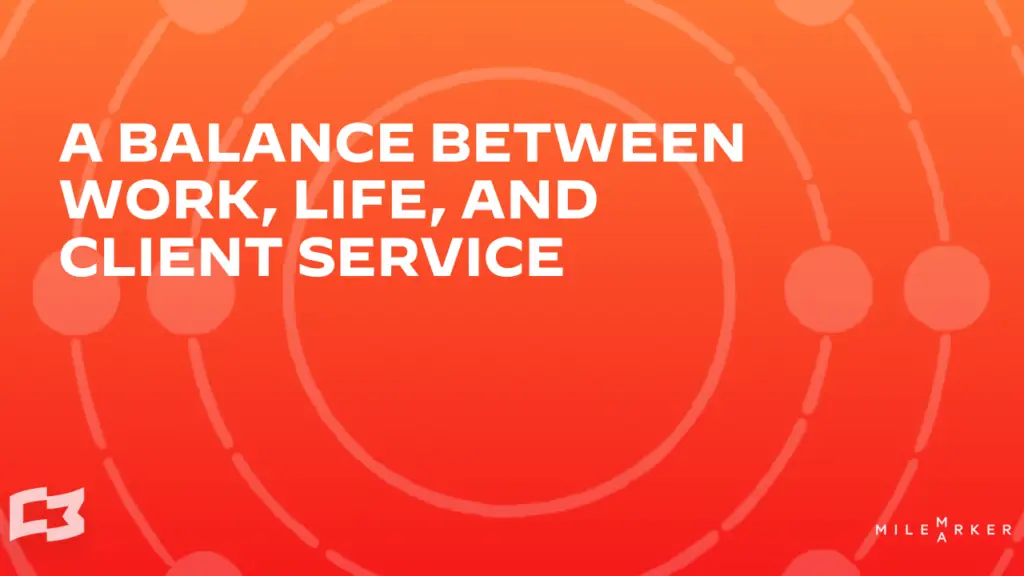Achieving work-life balance in financial firms is more than just an employee perk—it’s a strategic advantage. Firms that prioritize flexibility, well-being, and sustainable workloads empower financial advisors to perform at their best. A balanced, energized advisor is not only more productive but also delivers exceptional service to clients.
Putting People First: A Strategic Approach to Work-Life Balance
Work-life balance in financial firms isn’t just a buzzword; it’s an essential part of long-term success. When financial advisors have the flexibility to manage their professional and personal lives effectively, they can better serve their clients. Firms that implement policies such as remote work options, flexible hours, generous parental leave, and even four-day workweeks create an environment where employees can thrive.
This focus on well-being directly benefits clients, too. When advisors feel supported and energized, they engage more meaningfully with clients, offering personalized, high-quality financial guidance. Happy advisors lead to satisfied clients, creating a ripple effect of trust and long-term success.
The Impact of Workplace Flexibility on Financial Advisors
Flexible work policies help reduce burnout, increase motivation, and promote a culture of high performance. When firms recognize that employees are their greatest asset, they invest in structures that promote both personal and professional growth.
These insights are inspired by the latest episode of The Connected Advisor podcast featuring Jessica Gibbs, Partner and VP at Monument Wealth Management. Dive deeper into how aligning financial strategies with personal goals redefines wealth management. Listen to the full episode here and explore more articles in thisseries.

